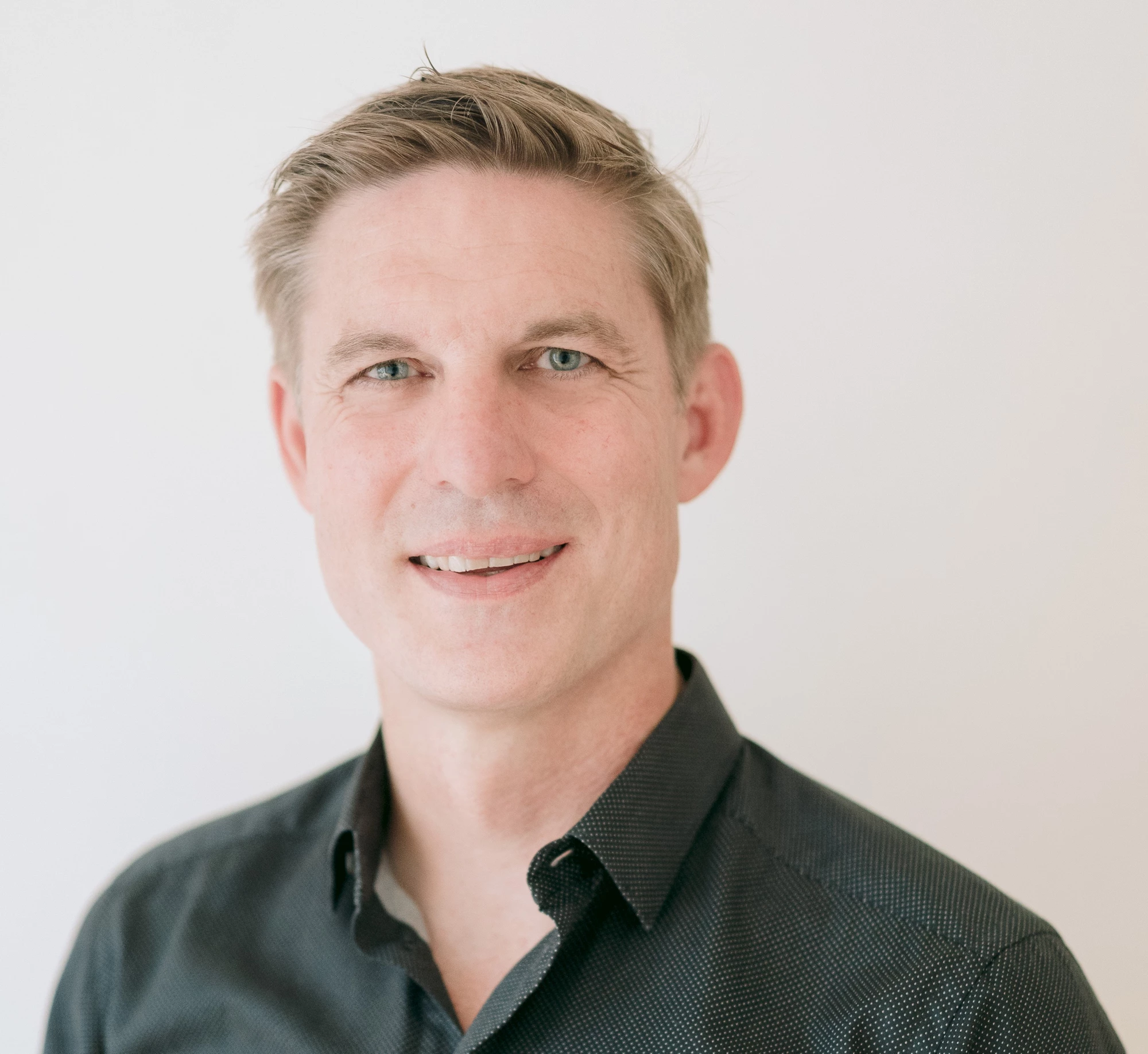 Arne Hoel/ World Bank
Arne Hoel/ World Bank
Late last week, Ministers of Health of the G7 and the European Commissioner for Health and Food Safety met with heads of international organizations, representatives from the G5 Sahel countries and with civil society to discuss a joint commitment to strengthen primary health care (PHC).The G7 issued a ministerial statement which establishes several key areas of focus for the G7 on health. It emphasizes:
- Strengthening the primary health care system as the best way to reduce inequalities and improve health and well-being and socio-economic development, as well as social stability and security.
- Committing to keep global health as a high-level political priority for the G7, through its engagement among G7 countries but also between G7 and low- and middle-income countries (LMICs).
- Endorsing an initiative led by France to launch a Primary Health Care Universal Knowledge Initiative, through which interested G7 countries would work with international organizations and LMICs to curate knowledge and accelerate learning to strengthen coverage of PHC to reach the most vulnerable
- Supporting a successful Sixth Replenishment Conference of the Global Fund for AIDS, Tuberculosis and Malaria that aims to raise at least USD 14 Billion
The World Bank Group issued a joint statement with other international organizations including the Gavi, GFATM, OECD and WHO through which commits to supporting the work of the G7 in the health sector, including its focus on Primary Health Care.
There are important connections between the G7 agenda and the World Bank Group’s work in health, nutrition and population-- and more broadly on investing in human capital. These include:
There is shared recognition of the value of generating demand amongst Ministers of Finance for more and better investments in people through the Human Capital Project, and a recognition that investment in high-performing primary health care systems are “best buy” opportunities to accelerate the achievement of better human capital outcomes. Cross-country, comparable, composite measures are paramount to understand drivers of PHC performance and advance global accountability, which is why the World Bank is a core partner of the Primary Health Care Performance Initiative (PHCPI) that is supporting countries to diagnose and overcome bottlenecks to improved service delivery performance.
Innovation is key to strengthening PHC systems, and there is much for G7 countries to learn from low- and middle-income countries –- from Rwanda, which has the highest vaccination rate for HPV in the world to India’s high quality, low cost eye care for the elderly, to the use of mobile technology and telemedicine to support quality delivery in remote areas in many countries. Sourcing promising primary care innovations and identifying ways to get them scaled and widely shared is the main focus on the World Bank’s ‘frontlines first’ approach to building Universal Health Coverage.
In addition, the launch of the G7 Universal Knowledge Exchange Initiative on Primary Health Care is an opportunity to build on the Bank’s work with the Joint Learning Network for Universal Health Coverage (JLN). The JLN gathers policy-makers and practitioners from over 25 countries in sharing lessons not only about what works but also how to implement reforms towards UHC. PHC has been an ongoing focus of the JLN.
What’s next?
Moving forward, the World Bank will work with other international partners to develop the strategy and business plan for the planned Universal Knowledge Exchange Platform on PHC, with the aim to get it up and running in 2020 with support from France and other interested G7 countries. This will draw on ongoing efforts including PHCPI, JLN and the Global Financing Facility, and aligning with the SDG Global Action Plan accelerator on Primary Health Care.
France has committed to leading the PHC initiative through to at least 2022 as part of its ongoing G7 health engagement. Other G7 ministerial meetings under the French Presidency, such as the education and development meeting in July, represent further opportunities to build inter-sectoral links with education, jobs and gender and help move the human capital agenda forward.


Join the Conversation